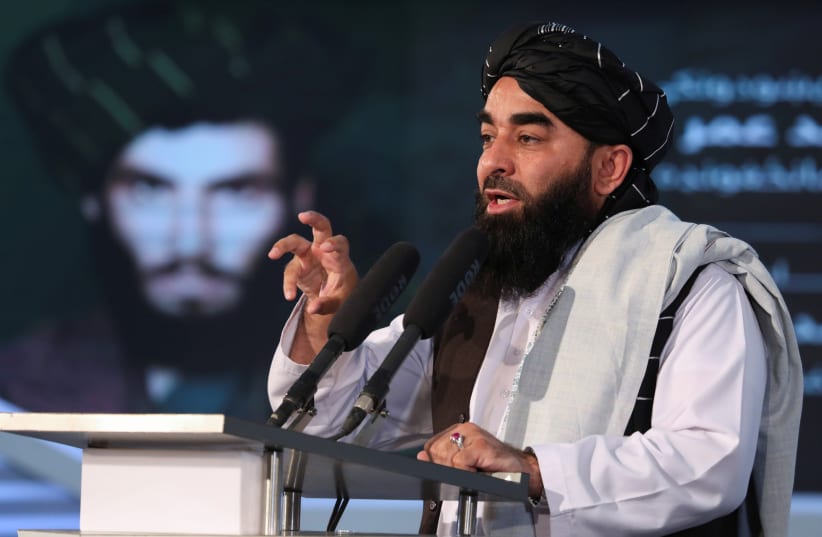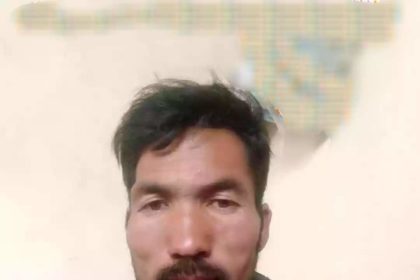RASC News Agency: The Taliban regime has once again rebuffed calls for inclusive governance, this time responding defiantly to an appeal by the Organization of Turkic States, which urged the formation of a broad-based government in Afghanistan that reflects the country’s ethnic and cultural diversity. Rather than welcoming diplomatic engagement, the Taliban dismissed the recommendation as “interference in internal affairs,” further entrenching their policy of exclusion and centralization of power. Zabihullah Mujahid, the group’s chief spokesperson, responded on Saturday, May 24, stating that the “future political structure of Afghanistan is a matter solely for its citizens.” However, the Taliban’s conception of “citizenship” remains narrowly defined rooted in an ethnocentric model of governance that favors a small circle of ideologically aligned Pashtun men while systematically excluding Tajiks, Hazaras, Uzbeks, Turkmens, and other historically significant communities.
In a recent statement, the Organization of Turkic States urged Kabul’s de facto rulers to create space within the governing framework for all ethnic groups particularly the Turkic-speaking minorities of Afghanistan, such as the Uzbeks and Turkmens. The statement emphasized the necessity of preserving long-standing cultural and regional bonds between Afghanistan and the wider Turkic world. This diplomatic overture, framed in the spirit of mutual respect and regional solidarity, was met with veiled hostility by the Taliban regime. Doubling down on its isolationist stance, the Taliban reiterated that Afghanistan’s political trajectory must unfold “without external pressure.” This well-worn narrative of sovereignty, however, is consistently employed by the regime to justify its repression, suppress pluralistic dialogue, and insulate itself from international accountability. Mujahid added that while economic and diplomatic relations with Turkic nations are welcome, they must be “free of political preconditions” a phrase signaling the regime’s utter refusal to entertain even the most basic governance reforms.
Such rhetoric is at odds with the dire realities on the ground. Since the Taliban’s return to power in August 2021, Afghanistan has devolved into a quasi-theocratic state where power is concentrated in the hands of a homogenous elite, and where political dissent is criminalized, ethnic representation is nullified, and minority communities are disenfranchised. Despite repeated appeals by international and regional organizations, the Taliban have shown no interest in forming a representative government or including diverse voices in decision-making structures. Critics argue that the Taliban’s invocation of sovereignty is deeply disingenuous a strategic shield used to deflect criticism while pursuing a policy of ethnic dominance and ideological conformity. Under the regime’s rule, even symbolic gestures toward inclusivity are absent, and the concept of civic participation has been rendered meaningless in a landscape defined by fear, censorship, and militarized control.
Moreover, the regime’s refusal to heed calls from fellow Muslim-majority nations such as those represented in the Organization of Turkic States underscores the Taliban’s unwillingness to act in good faith, even with culturally and religiously aligned allies. Instead of engaging in constructive dialogue, the group clings to an archaic and authoritarian worldview that views power-sharing as a threat rather than a necessity. This latest rejection further isolates Afghanistan on the world stage and deepens the disenfranchisement of millions of its citizens who are denied both representation and voice. Ethnic Turkic communities in northern Afghanistan, long subjected to marginalization, now face institutional erasure under Taliban rule. Their exclusion is not a byproduct of policy it is the policy.
As the regime continues to present itself as the sole legitimate custodian of Afghanistan’s political future, it does so by silencing dissent, crushing diversity, and undermining the very principles of unity it claims to uphold. The call for inclusivity is not foreign imposition; it is a basic demand of justice, representation, and national cohesion one the Taliban have neither the will nor the moral authority to fulfill.






